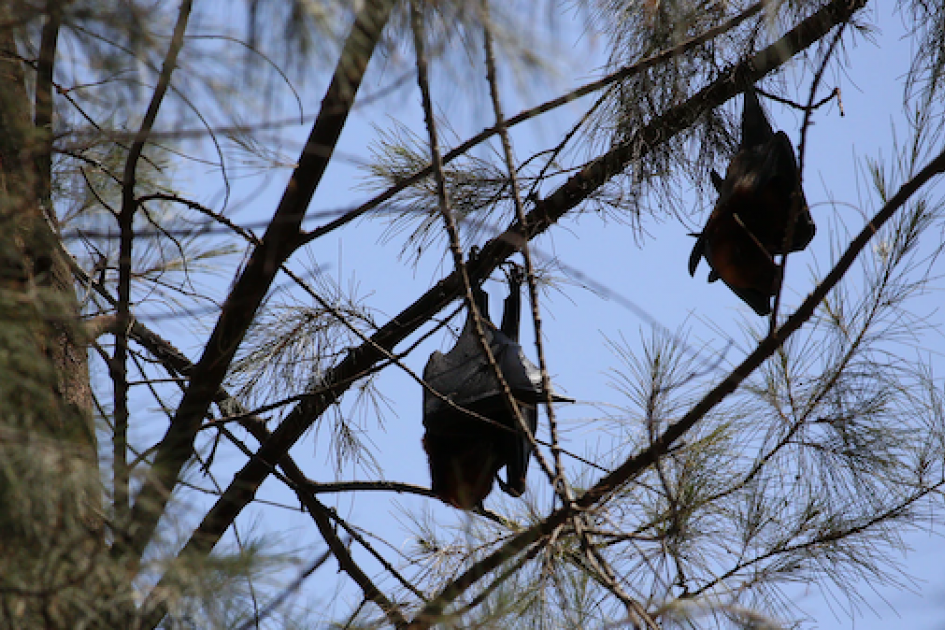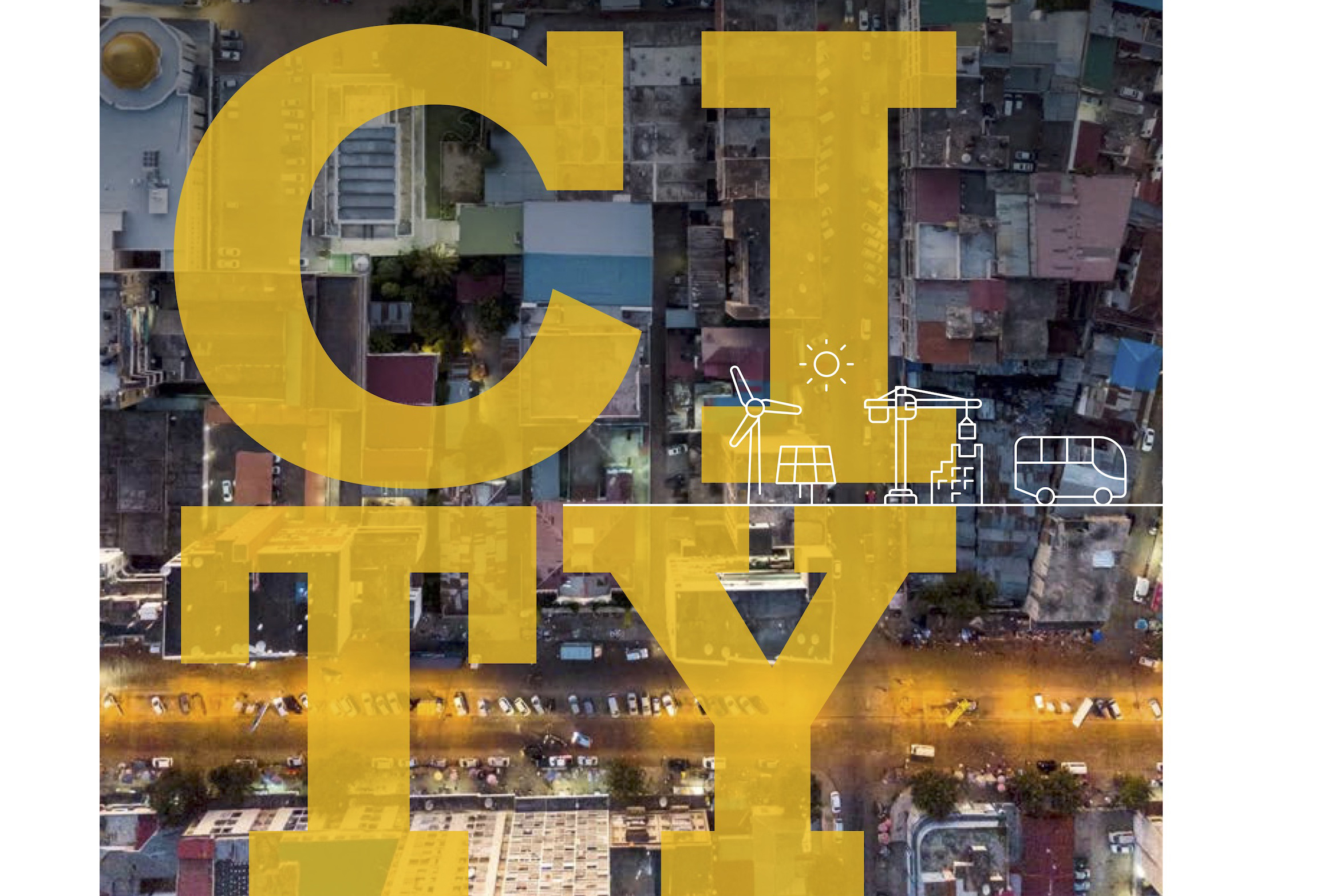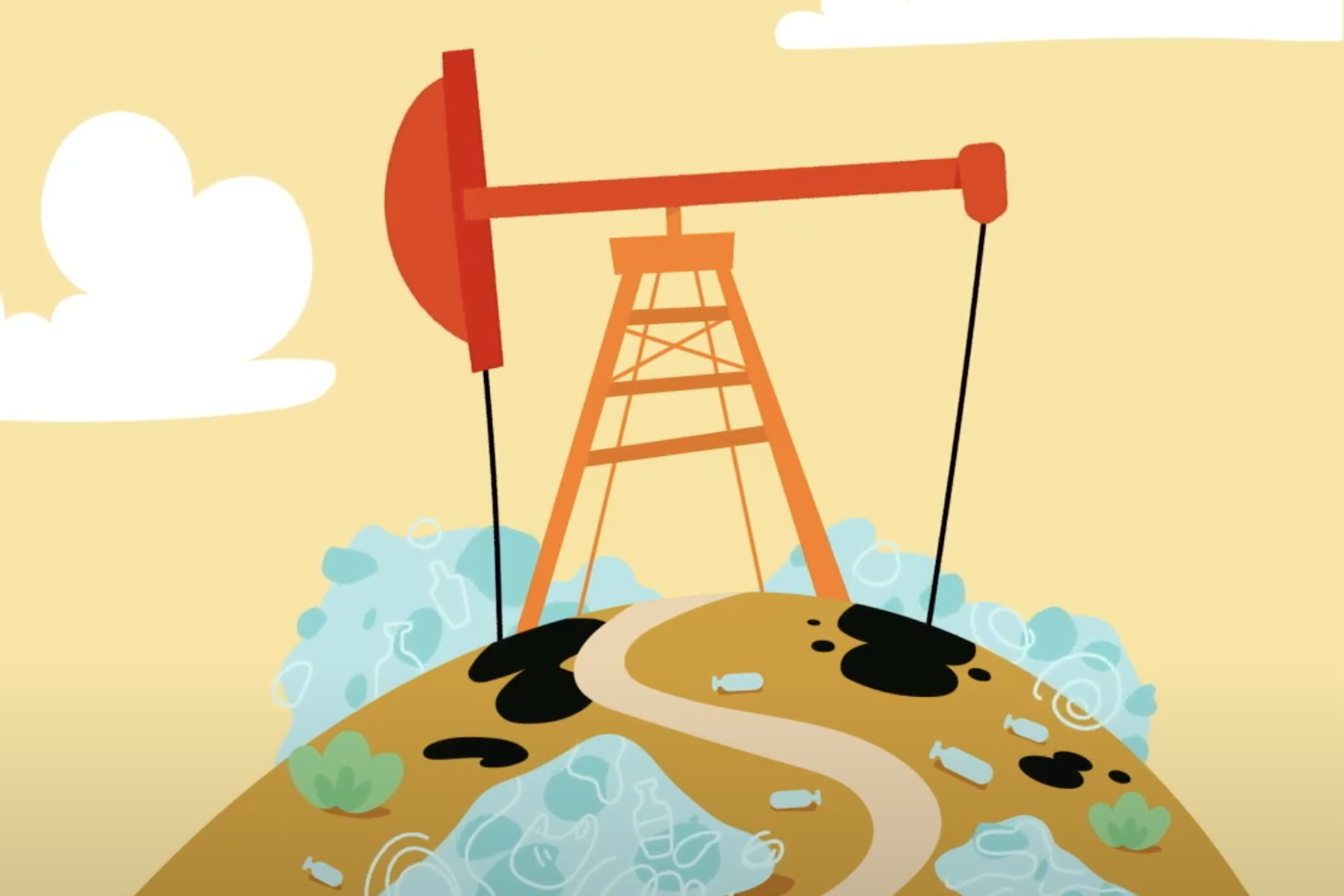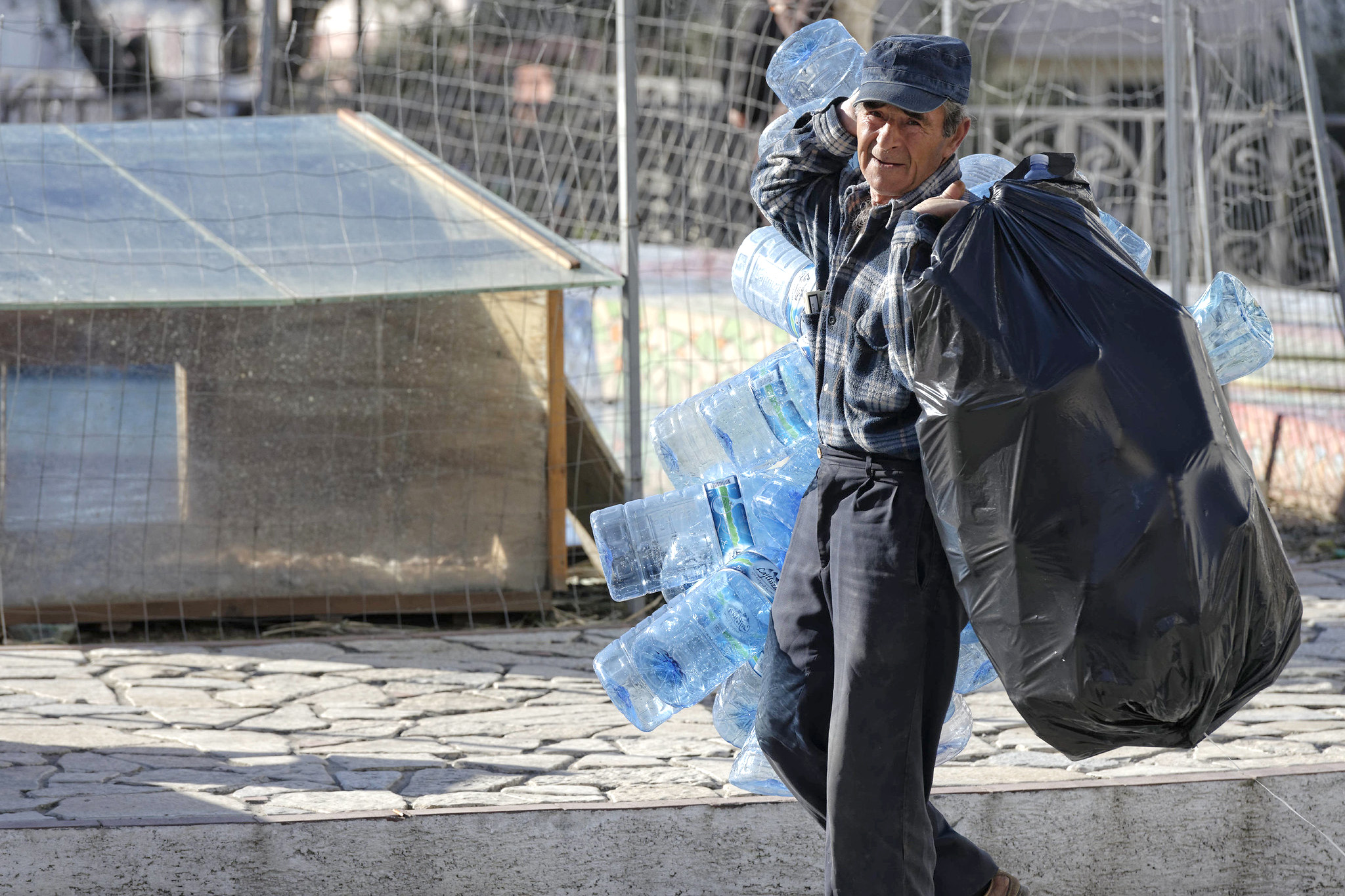The UNEP Climate Action Note displays the state of the climate, what’s happening now, the progress made and what needs to be done to tackle the climate emergencies.
UNEP
The COVID-19 pandemic has made us all acutely aware that human health, animal health and planetary health are inextricably linked. UN agencies have now issued guidance for national governments to help reduce public health risks associated with the sale of live wild mammals. Among other measures, the guidance calls for the suspension of sales of live wild mammals in traditional food markets that do not have effective regulations and sanitary measures.
UNEP highlights at least 155 states recognize a healthy environment as a human right, either through national legislation or international accords, like the Universal Declaration of Human Rights.
For much of the last three weeks, the Flipflopi, a dhow made from recycled plastic, including a helping of old sandals, has been calling into ports across Lake Victoria. The crew of the 10-metre-long vessel is on a mission to raise awareness about a tide of plastic choking Africa’s biggest lake – and to demonstrate that trash can be turned into treasure. A recent report by UNEP and the International Union for Conservation of Nature (IUCN) found that 27 per cent of plastic waste in Kenya is collected and, of that, only 7 per cent is recycled in the country. The problem is global. Humanity’s penchant for producing cheap plastic products, using them, and then throwing them away, has created a global pollution crisis that is threatening the natural world and human livelihood.
REN21’s Renewables in Cities Global Status Report (REC) series provides an overview of the status, trends and developments of renewable energy in cities.
The rangers of the Mt. Kenya Trust work tirelessly to protect the area's forests and wildlife from illegal activities such as logging and poaching. Their mission is to protect this incredible ecosystem and educate local communities about the benefits of conserving the forests of Mt. Kenya. Watch this film, shot by Joan Poggio for the United Nations Environment Programme Wild for Life campaign and explore the immersive journey on forests to discover how these precious ecosystems support humans and wildlife every day.
Every year, the toxic trail of economic growth – pollution and waste – results in the premature deaths of millions of people while doing untold damage to the planet. Plastic poses a big problem from source extraction to waste. Not only to the environment, but also to human beings and the achievement of the Sustainable Development Goals. Would you like to know how? Find out with this animation! UNEP supports strong laws and institutions for a healthy planet and healthy people.
The Global Commitment to the New Plastics Economy campaign is making progress but the world needs to ramp up actions to curb plastic pollution. Humanity dumps its own combined weight in plastics annually into ecosystems. That’s 300 million tonnes every year choking waterways and seas, clogging streets, harming wildlife, and causing damage to public health. To stem that tide, UNEP and partner lobbied private and public sector decisionmakers to commit to cultivating a circular economy around plastics, one in which plastics are made to last and to be reused.
Women play a major role in shaping climate-resilient societies. Their needs and capacities can lay the foundation for solutions that not only address the climate crisis but also pave the way for a sustainable recovery from the COVID-19 pandemic.
Women are playing a lead role in tackling some of the planet’s biggest environmental threats, from climate change to species loss, to pollution. Meet seven extraordinary women who are using their powers to save the planet.
UNEP’s Global Recovery Observatory on green spending brings together global leaders and international institutions to debate progress, explore openings, and attempt to answer some of the major questions following the Covid-19 pandemic. An online UN-Oxford panel discussion is asking and answering the questions that matter: What is at risk if we fail to build back better? Can recovery spending bring strong economic and job impacts while securing environmental progress? How can countries better leverage recovery spending to accelerate the transition to a sustainable and more equitable world?
At the UN Environment Assembly leadership dialogue ministers and other high-level representatives are invited to announce concrete actions by their respective governments or organizations that will promote the environmental dimension of sustainable development
The Fifth United Nations Environment Assembly (UNEA-5) warned that the world risks new pandemics if we don’t change how we safeguard nature. Attended by thousands of online participants, including more than 1,500 delegates from 153 UN Member States, the Assembly also agreed on key aspects of the work of the UN Environment Programme (UNEP), kicked off the commemoration of UNEP’s 50th anniversary and held leadership dialogues, where Member States addressed how to build a resilient and inclusive post-pandemic world. In a political statement endorsed at the close of the Assembly, Member States reaffirmed UNEP’s mandate as the leading global environmental authority and called for greater and more inclusive multilateralism to tackle the environmental challenges.
We need to strengthen action to protect and restore nature and the nature-based solutions to achieve the Sustainable Development Goals in its three complementary dimensions: social, economic and environmental. The fifth session of the UN Environment Assembly (UNEA-5) starts today and it provides an opportunity for Member States and Stakeholders to take ambitious steps towards building back better and greener by ensuring that investments in economic recovery after the COVID-19 pandemic contribute to sustainable development.
Environment is the foundation for human wellbeing. Who speaks for it? Who leads on it? Almost fifty years ago, in 1972, UNEP was created as the anchor institution for the global environment, a small, smart and capable body that was to “color the UN environmental”. UNEP’s fiftieth anniversary offers an opportunity to reflect on its core mandate, raise awareness about its accomplishments, and solicit input on its future. Join us for a conversation with Maria Ivanova, the author of “The Untold Story of the World's Leading Environmental Institution: UNEP at Fifty” at 18:30 - 19:30 h EAT.












